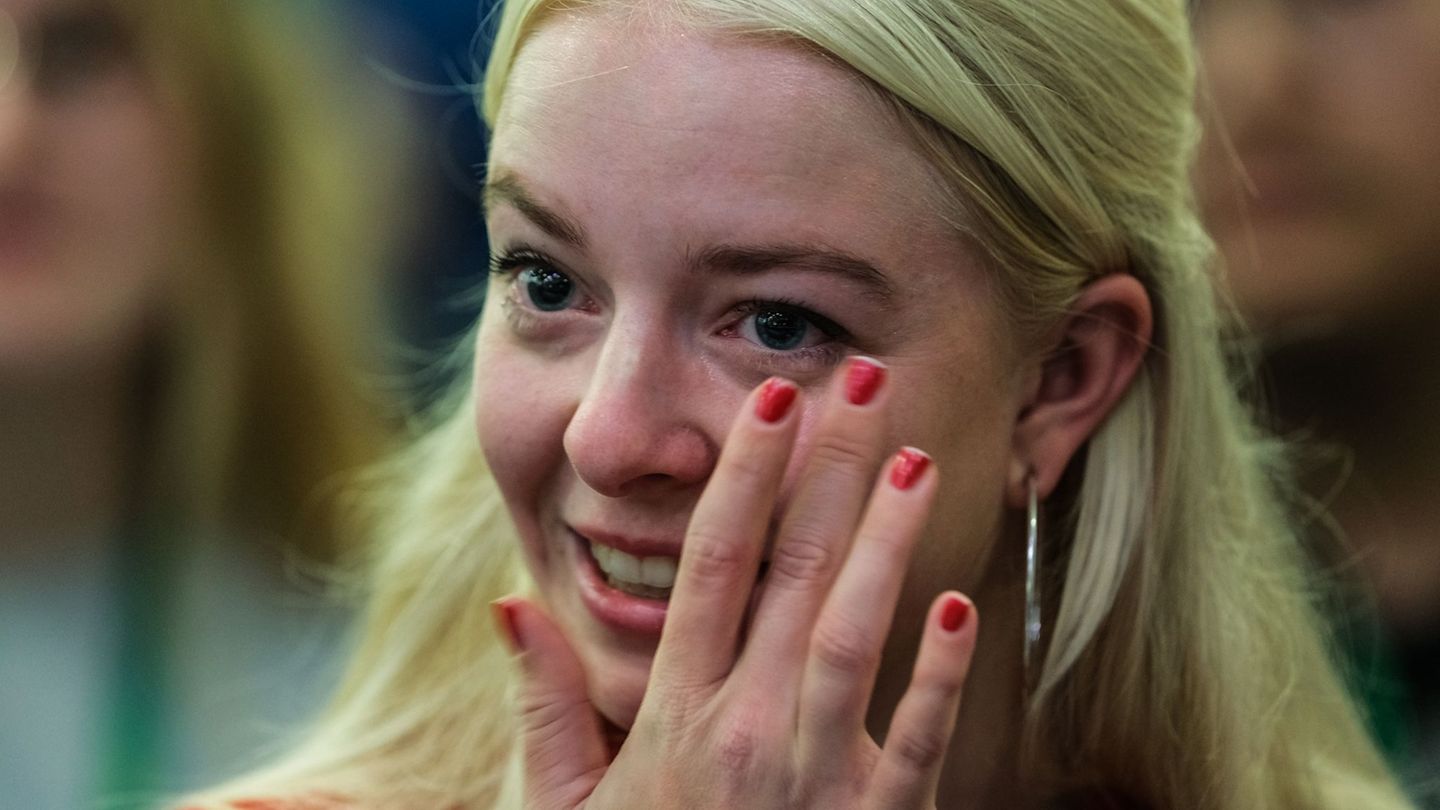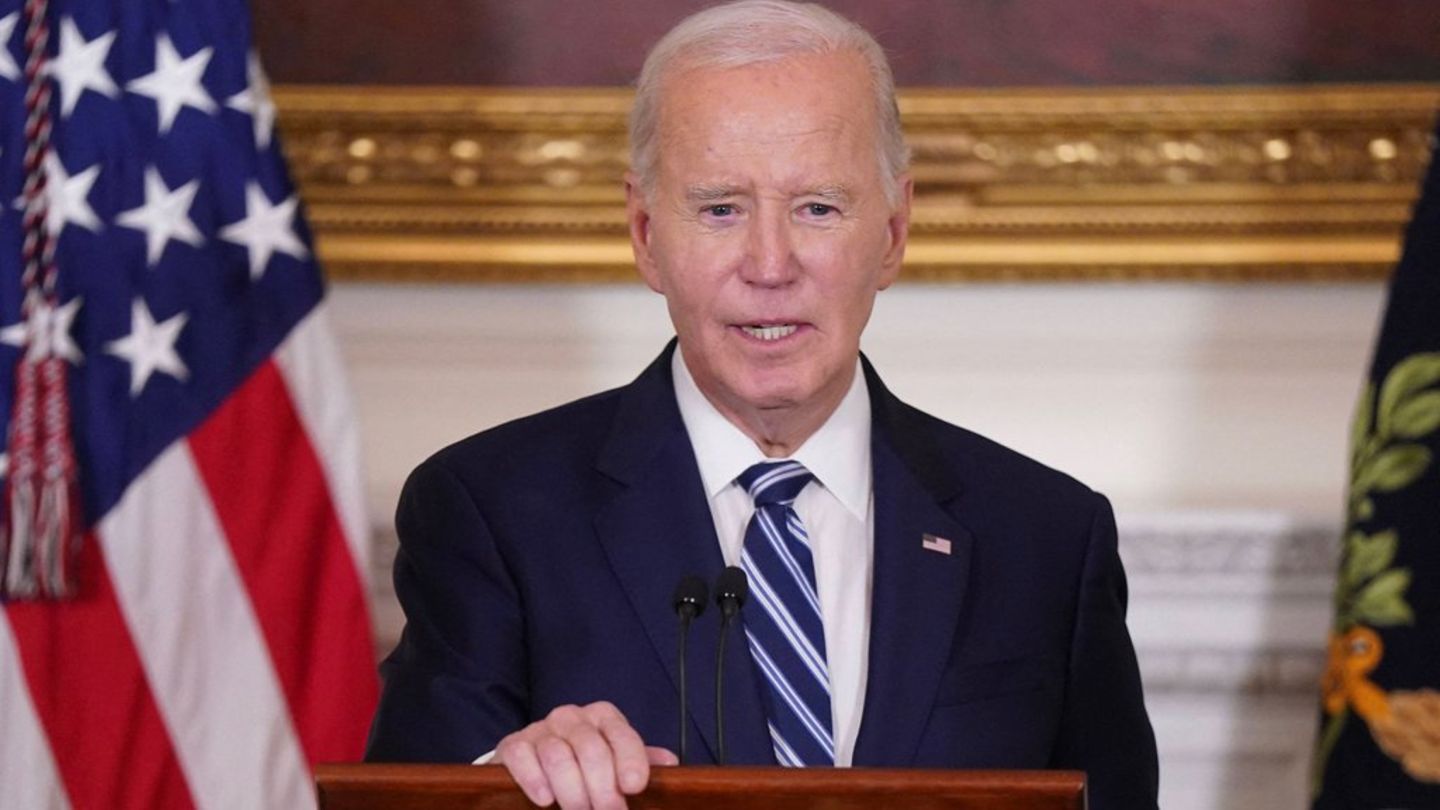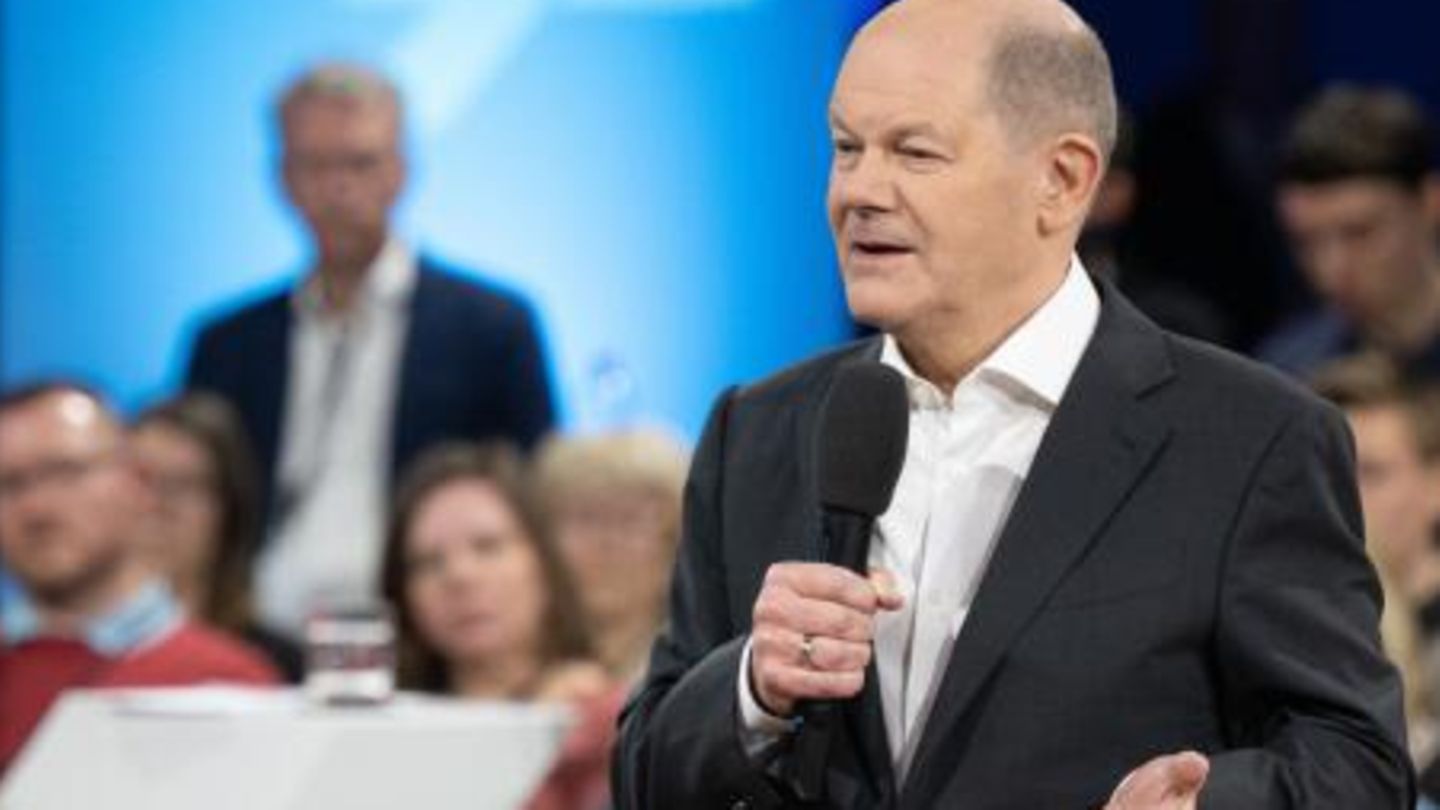I have been working in the news industry for over 6 years, first as a reporter and now as an editor. I have covered politics extensively, and my work has appeared in major newspapers and online news outlets around the world. In addition to my writing, I also contribute regularly to 24 Hours World.
Menu
Olaf Scholz at the citizens’ dialogue in Saxony: “Diplomats instead of grenades”
Categories
Most Read
Nobel Peace Prize for Machado: Institute suspects betting fraud
October 11, 2025
No Comments
Donald Trump discredits vaccines – he gets himself vaccinated
October 11, 2025
No Comments
Young people in the party: Green youth: New leadership duo wants to turn the party to the left
October 11, 2025
No Comments
Budget freeze in the USA: Trump fires more than 4,000 civil servants
October 11, 2025
No Comments
Green youth elects new duo – course should go further to the left
October 11, 2025
No Comments
Latest Posts

a forceful gesture in the midst of a new crisis
October 11, 2025
No Comments
AngelicaI am an author and journalist who has written for 24 Hours World. I specialize in covering the economy and write about topics such as

Party juniors: Defiance and tears: Green Youth leader Nietzard’s farewell
October 11, 2025
No Comments
IvanI have been working in the news industry for over 6 years, first as a reporter and now as an editor. I have covered politics

Joe Biden: Former President receives radiation therapy
October 11, 2025
No Comments
Lisa HarrisI am an author and journalist who has worked in the entertainment industry for over a decade. I currently work as a news editor
24 Hours Worlds is a comprehensive source of instant world current affairs, offering up-to-the-minute coverage of breaking news and events from around the globe. With a team of experienced journalists and experts on hand 24/7.

